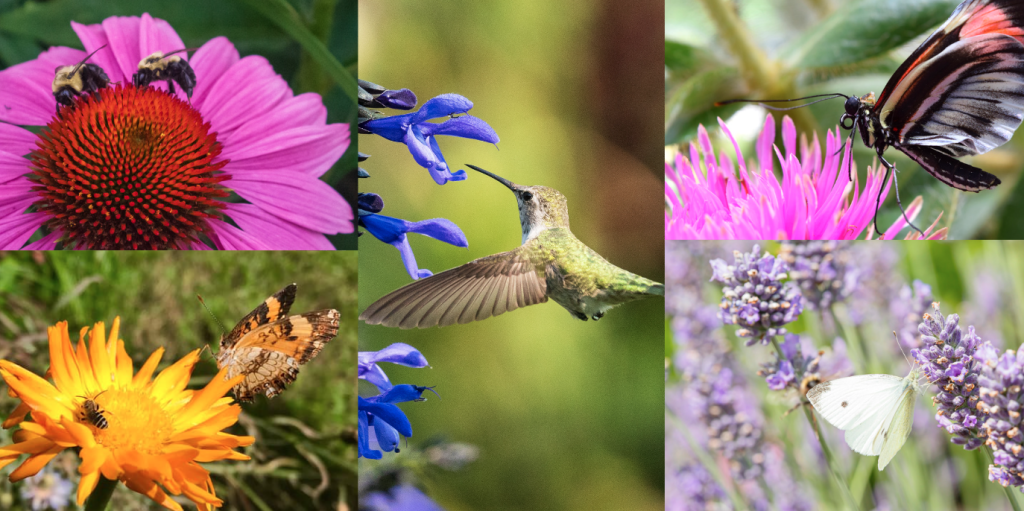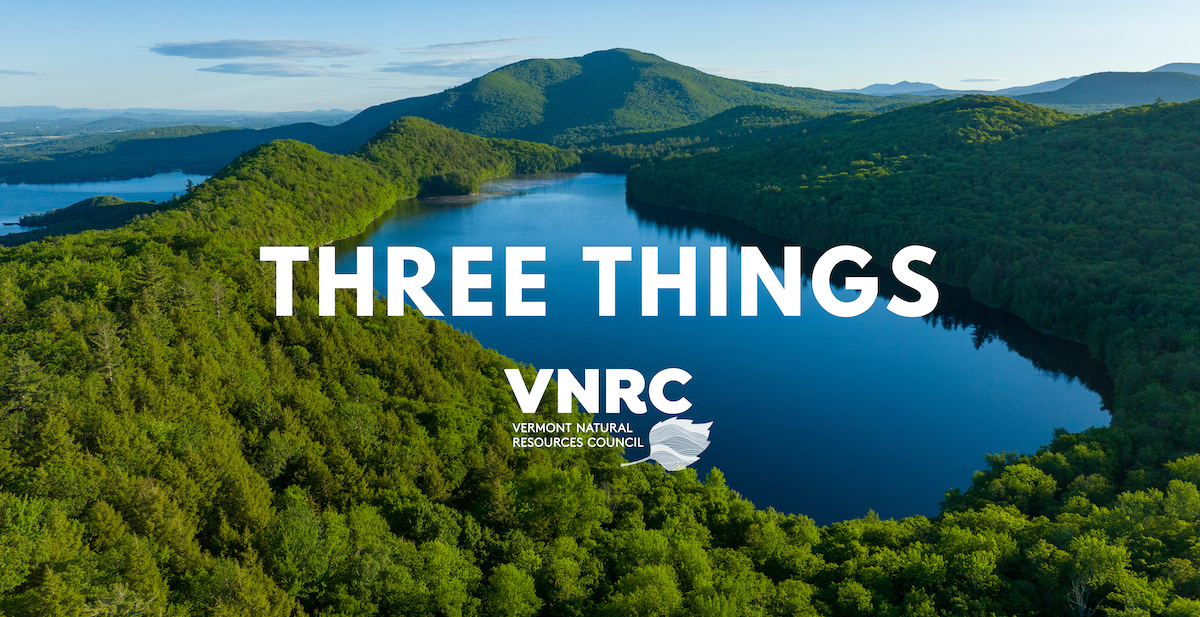Three Things: In a record-setting veto override session, three of VNRC’s top priorities made it into law in a historic year for Vermont’s commitment to the environment and sustainable communities.
Stay informed, connected, and engaged—three things.
H.687: Act 250 Modernization

This comprehensive reform of Act 250 — Vermont’s landmark development law — has been a top priority of VNRC’s since it was first written in 1970, and VNRC has been working for the past decade to bring the bill into the 21st century. The bill is the culmination of years of hard work and extensive collaboration between VNRC and other environmental advocates, planners, housing advocates, and legislators, that will support climate-smart housing and development in well-planned locations, and also protect critical natural resources and wildlife habitat throughout Vermont.
The bill establishes a process to define three development tiers that increase protections in sensitive ecosystems and eases development restrictions in designated areas, a fundamental change to how the law is administered. The Vermont Legislature overrode Governor Scott’s veto 107-38 in the House and 21-8 in the Senate. Read more about the importance of Act 250 here.
H.289: Renewable Energy Standard

The Legislature overrode the veto of the Renewable Energy Standard (RES) by a 102-43 vote in the House and 21-8 in the Senate. This is the first substantial update to the Renewable Energy Standard in nearly a decade, and is the result of thoughtful compromise after a months-long Legislative Working Group composed of a diverse array of stakeholders.
It is supported by nearly all of the state’s electric utilities, environmental organizations, Vermont’s renewable energy sector and others. This bill sets Vermont on a path to achieving 100% renewable electricity by 2035, and gives each utility the flexibility to pursue the resources, large or small, in-state or in-region, that are most economical for its ratepayers. Read more about the RES here.
H.706: Neonicotinoid Pesticide Ban

This bill makes Vermont one of the first states in the country to protect pollinators from harmful neonicotinoid pesticides. The law will phase out these pesticides, which are commonly applied to seeds, despite research showing that they are contributing to pollinator loss and pose potential risks to public health. The ban makes Vermont one of the growing number of states in the country to place restrictions on neonicotinoids, and is an important step to protect our pollinators, which are crucial to the health of our food chain, wildlife populations, and human health. The Legislature overrode the Governor’s veto by 114-31 in the House and 20-9 in the Senate. Read more about neonicotinoids.
These wins are the result of dedication and perseverance on the part of our committed members and activists, hardworking staff and board, partners, and legislators who rose to the moment and paid attention to science to tackle some of the most complex issues we are facing. Thank you!!!




